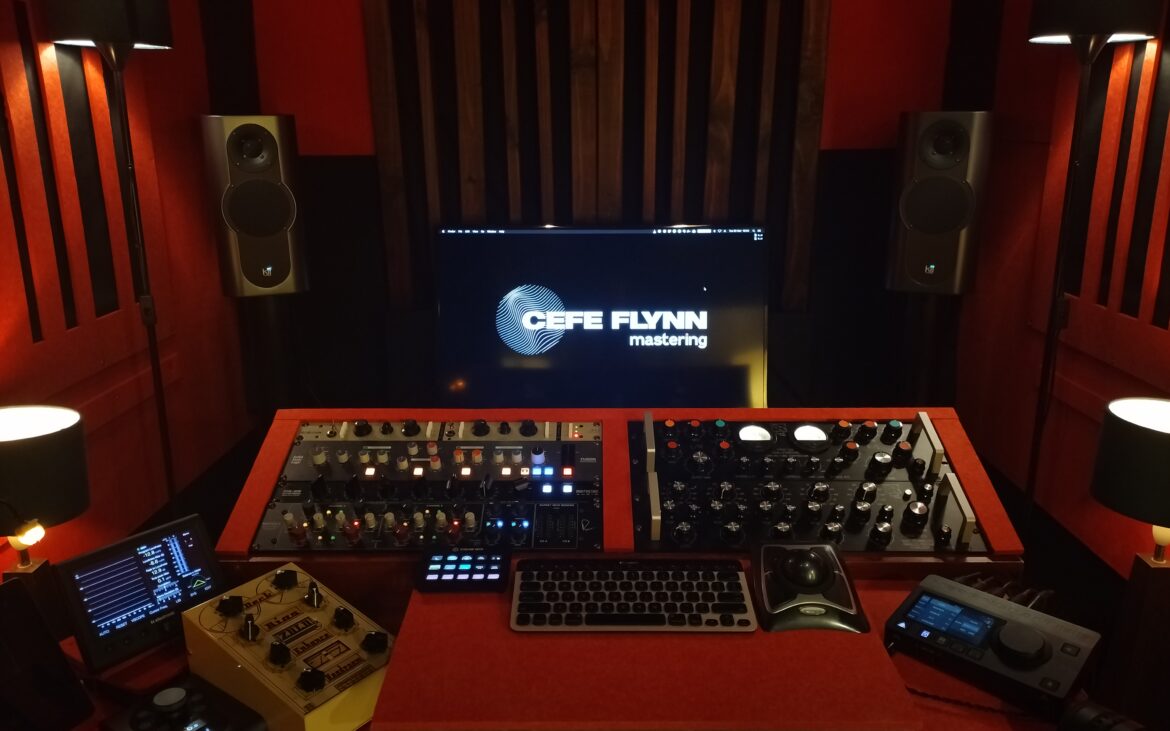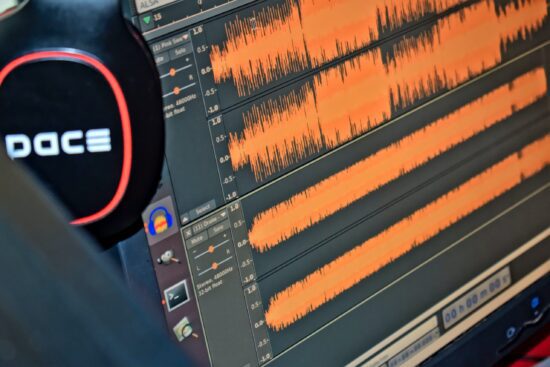Artificial intelligence (AI) is pretty smart. In fact, it’s so smart that it can do a lot of things in the studio that used to take ages for professional sound engineers to accomplish.
If you take a quick look around on the web, you’re bound to find ads for plugins and online mastering services that claim AI is the way of the future and an algorithm can master your tracks just as well as a professional mastering engineer. Is this true? Well, yes and no.
Below, we’ll take a look at whether or not AI can live up to the hype or whether AI mastering is just another gimmick to separate you from your hard-earned money.
What is Automated Mastering?
Automated mastering typically uses AI technology that analyzes audio waveforms. Using a preset algorithm or series of algorithms, automated mastering software makes adjustments to a piece of audio based on the variables in each waveform the software analyzes.
What Automated Mastering Can Do
Automated mastering does a number of things well. First, it is generally faster than having your music mastered by a professional mastering engineer. Automated services that use AI can often turn a track around in minutes, whereas an engineer may take hours or longer depending on the complexity of your mastering project.
Second, automated mastering can provide a quick preview for musicians who just want to hear what a track would sound like with standard processing. If you’re looking for a fast, simple take on your music, then AI-assisted mastering services are perfect.
What Automated Mastering Can’t Do
Although automated mastering has some benefits, it also has some serious drawbacks. Understanding the limitations of AI-assisted mastering is important to help you make the right choice for the music you’ve worked so hard to record.
The biggest issue with AI mastering is that it doesn’t take into account the unique aspects of each track. Because these services only apply an algorithm and no human ears are involved, the AI is only making its best guess as to what to do based on what it “sees” in the waveform.
Another serious problem with automated mastering is that it doesn’t take into account the feel of different songs in a group. If you have an album that requires mastering, you’re going to need individual attention paid to each track and how it fits with the others in terms of loudness, harmonic distortion, compression and other audio processing applications.
Additionally, AI isn’t going to be able to let you know when your mix is the problem. Once again, the process simply involves a line of code applying a preset algorithm to your music. If there’s an issue in your mix that needs to be reworked to get a better master and you don’t have an experienced audio professional to let you know what’s wrong, you may spend days or weeks frustrated as you try to figure out why you can’t get “that” sound.

What a Mastering Engineer Can Do
A mastering engineer is an audio professional who works directly with audio processing software and hardware to put the final polish on a track or album. When you work with a mastering engineer, your music receives personal attention from a human who uses their ears and experience instead of applying a one-size-fits-all solution.
A mastering engineer can also provide custom solutions to unique problems. Unlike AI, a mastering engineer is able to provide feedback when a mix needs to be reworked or when a particular part of a track calls for special attention.
This human touch, backed by experience, is what makes the real difference. Your mastering engineer acts as not only a service provider, but also as an artist support representative who listens to the goals of the artist and the producer of a track or album to make adjustments as needed to get the right sound.
What a Mastering Engineer Can’t Do
Everything that AI mastering services can do, a mastering engineer can do better except in one area – time. Because a professional mastering engineer provides personal focus to the nuances of each track, there’s no way for your music to be mastered in just a few minutes. The trade-off, however, is that you receive a final master that sounds its best rather than sounding like someone just threw some compression on a mix and called it a day.
Additionally, mastering services from a professional engineer tend to be more expensive than the cost of automated mastering, but this is only because your music gets the attention it deserves. Automated mastering services can set up an online application that analyzes audio files and applies blanket effects, but a mastering engineer takes the time to listen through each track or album and make the necessary adjustments that fit the tone, loudness and feel of the artist’s intention.
Final Remix of ‘Cynical’ by one time ally
So, Which Should You Choose?
The truth is that automated mastering does hold some promise, and just like with all music technology, it’s exciting to think about the possibilities. As exciting as the potential is for automated mastering, the truth is that the technology can’t compete with the services of an experienced mastering engineer who can devote the time and attention that your music deserves.
Automated mastering is fine for rough mixes when you just want to hear a track’s potential, and if you’re pressed for time and need a mix processed in a hurry, automated mastering can get the job done well enough. If you’re looking for that “radio-ready” sound, however, the services of a professional mastering engineer are a must.
Cefe Flynn is a professional mastering engineer based in Sydney, Australia, offering online mastering services to indie artists, labels, and producers. His passion is helping new artists breakthrough and support them in their music journey. You can check out his work and request a free test master at cefeflynnmastering.com.










